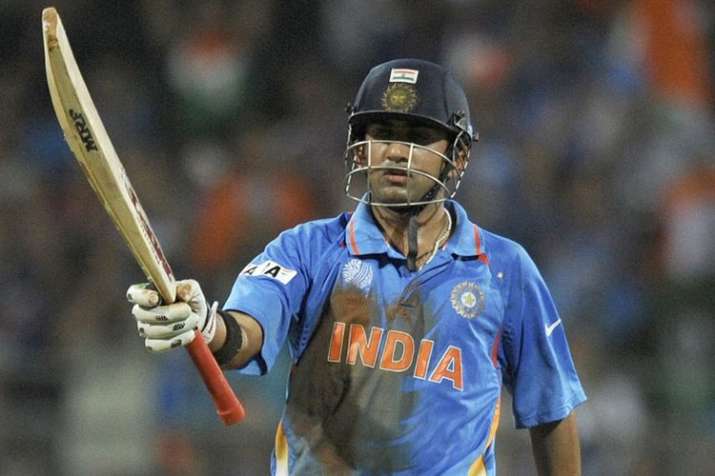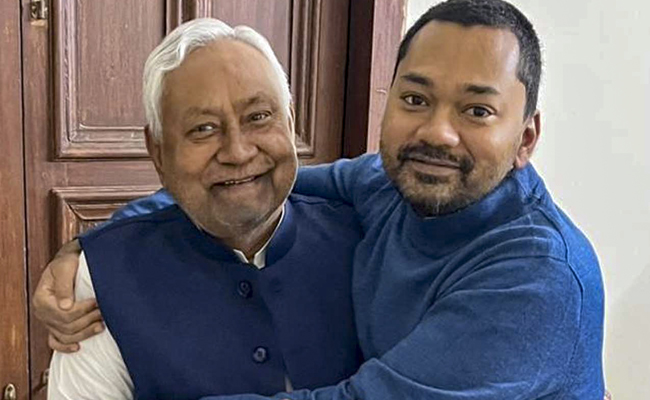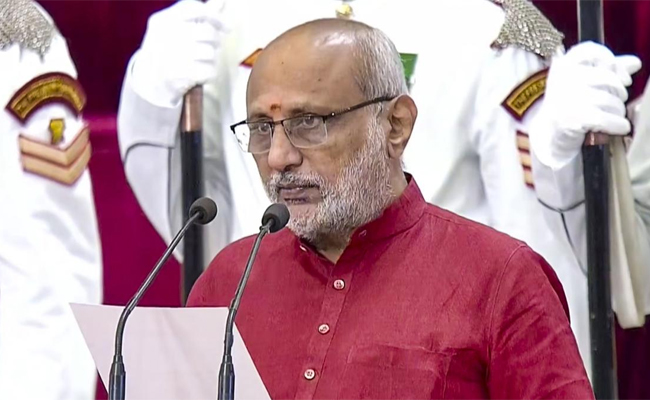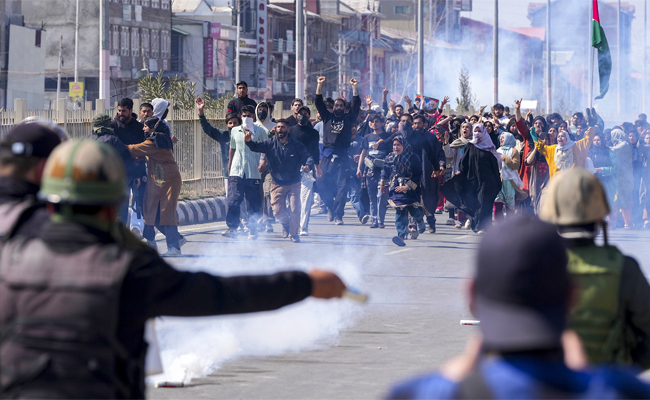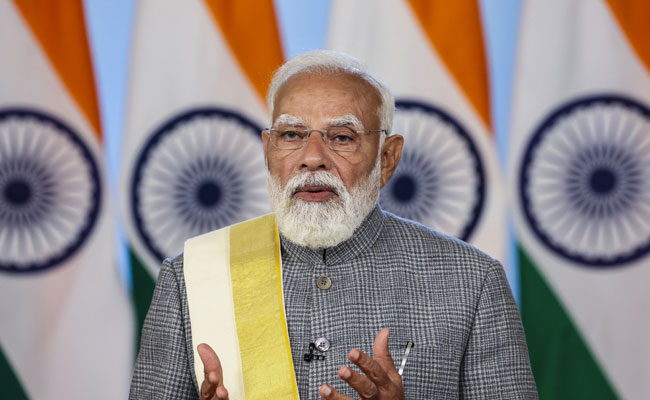New Delhi: Former opener Gautam Gambhir feels India skipper Virat Kohli committed a tactical blunder that no other captain would, by giving his premier pacer Jasprit Bumrah just a two-over opening spell in the series-conceding second ODI loss to Australia in Sydney.
Gambhir, who has been pretty critical of Kohli's tactical acumen as captain, felt that the difference between the two sides so far was how Australian captain Aaron Finch handled his most successful pacer Josh Hazlewood in the first two ODIs that the hosts won easily.
"I find it difficult to comprehend that if you have a bowler of Jasprit Bumrah's calibre and you give him only two overs upfront. It's not a tactical mistake but a tactical blunder," Gambhir said in 'ESPNCricinfo's 'Match Day Hindi'.
A five-over spell would have allowed Bumrah and Mohammed Shami to at least try and pick up two wickets upfront.
"...I was expecting Bumrah and Shami to bowl five-over spells each upfront and tried getting a couple of wickets each. So, I don't think there is any captain in world cricket who would give Jasprit Bumrah, two overs with the new ball," Gambhir said as it is.
With all top three Australian batsmen -- Aaron Finch, David Warner, and Steve Smith -- striking form at the same time, Gambhir feels that if any bowler had a chance of getting the trio out, it had to be Bumrah.
"Now Finch, Warner, and Smith, the top three are in prime form and who has the best chance of taking their wicket? It's Jasprit Bumrah
".... and you give him 2 overs and bring him after 10 overs when the ball is a tad old and it gets warmer and you expect him to get wickets in these conditions. He is human too."
He then cited the example of how Finch used Hazlewood in the first two games.
"First game, Finch gave him six-over spell and second game a five-over first spell and six overs when Starc had a bad day. Hazlewood has been the standout bowler."
Gambhir was impressed with how Australia's sixth bowling option (the combination of Marcus Stoinis and Glenn Maxwell in first and Moises Henriques and Maxwell in second) controlled the proceedings.
"It happened in the first match as well. In the first match, Marcus Stoinis gave some 25 runs in 6 overs that he bowled and that was done by Henriques in the second game. So that's the difference you had.
"So, if your sixth bowler can give 6 to 7 overs, then you don't need to bowl with a front-liner who is having an off day like Mitchell Starc.
"Imagine had Hardik not bowled those overs, what kind of pressure it would have been on Shami and Navdeep Saini," he said.
While Virat Kohli, with close to 11,500 runs and 43 hundred, has a staggering record, Gambhir feels that Smith for all practical reasons isn't too far behind even if the numbers suggest otherwise.
"I don't think there is a lot of difference between Kohli and Smith. If you go by numbers, Kohli always gave better numbers than Smith but if you look at his (Smith) record, in the previous five or seven ODIs, he has had three hundred, so the difference is not much.
"He has scored 62 ball hundreds back to back. Obviously, you will call Kohli, the greatest ODI player as per numbers but not much difference between him (Smith) and Kohli."
Let the Truth be known. If you read VB and like VB, please be a VB Supporter and Help us deliver the Truth to one and all.
Patna (PTI): The entry of Bihar Chief Minister Nitish Kumar's son, Nishant Kumar, into politics has been finalised, and the decision will soon be announced formally by the JD(U), state minister Sharwan Kumar said on Tuesday.
The senior JD(U) leader said Nishant will be given a "bigger responsibility" in the party.
"Now, it's clear, and it has been finalised that Nishant Kumar will join active politics. The party will make a formal announcement in a day or two. Party workers have been demanding Nishant's entry into politics for several years. Now party workers and supporters are upbeat with the decision ahead of Holi," he told PTI.
"He will be given a bigger responsibility in the party. What responsibility he is going to get will be decided in a day or two," said the minister.
ALSO READ: 10 flights cancelled at Kolkata airport amid West Asia conflict
Asked if Nishant can be sent to the Rajya Sabha, Kumar said, "Anything can happen."
Kumar, who has been a minister in the state cabinet for more than a decade, is considered very close to the CM.
Social Welfare Minister Madan Sahni said JD(U) workers have been demanding Nishant Kumar's entry into active politics for several years.
"Now, it has been finalised. We are quite happy with the decision," Sahni, also a JD(U) leader, told PTI.
Rural Works Minister Ashok Choudhary said, "It is a big Holi gift for the party's rank and file and also the people of the state. Nishant's entry into active politics will certainly benefit the party. He is a photocopy of our leader, Nitish Kumar."
JD(U) ally BJP also welcomed Nishant's entry into politics.
"I welcome the new generation to enter politics. I thank the CM for leading the NDA in the recent assembly elections. It is a matter of great happiness that Nishant Kumar will now enter politics with the support of the CM and his family, and we wholeheartedly welcome him," Industries Minister Dilip Jaiswal told PTI Video.
"He is certainly an educated young leader, holding a BTech degree, and is a well-grounded individual. Every event happens in its own time, and perhaps now the right time has arrived. His entry should be warmly welcomed," said the former state BJP president.
Five Rajya Sabha seats from Bihar will go to the polls on March 16. The last date for filing nominations is March 5.
The elections will be held as the tenures of JD(U)'s Harivansh Narayan Singh and Ram Nath Thakur, RJD's Prem Chand Gupta and Amarendra Dhari Singh, and RLM's Upendra Kushwaha are ending.
As per the latest tally in the state legislature, all five seats would now go to the ruling NDA. However, the RJD has decided to field its candidates to ensure the election is not decided unopposed.

